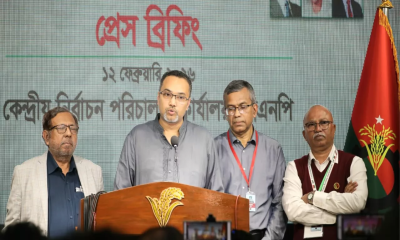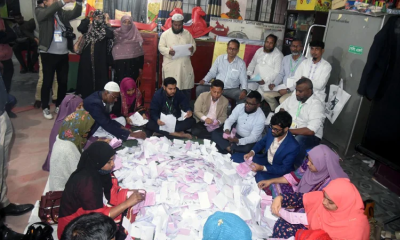As Bangladesh mourns the 47th anniversary of the assassination of its founder Sheikh Mujibur Rahman today, fresh media review suggests he had twice ignored India's alert against the bloody putsch, saying the plotters were his "own children" who will not harm him.
Over seven months before the 'Bangabandhu' was assassinated along with most of his family members in the August 15, 1975 carnage, a former top Research and Analysis Wing (RAW) official had met him here to warn him against the conspirators.
"These are my own children and they will not harm me," the Bangladesh leader had told Rameshwar Nath Kao, founder of the India's external intelligence agency, who meet him in December, 1974 with the approval of the then Indian Prime Minister Indira Gandhi, the Daily Star reported today.
Referring to the book "Inside R&AW" by Asoka Raina, the report said Rahman had dismissed the concern with a wave of his hand. Kao did not argue but said the Indian information was reliable and he would send him more details of the plot.
He subsequently sent a senior RAW officer to Dhaka in March, 1975 who gave Rahman exact details of the units and ranks of the serving and dismissed officers who were hatching the plot to overthrow his post-independence government.
"But again, he (Bangabandhu) was not convinced," it said.
The coup toppled the Awami League government and forced the party to a state of political wilderness for the next 21 years until 1996 when it returned to power under Sheikh Hasina, Rahman's one of the two surviving daughters.
Her government initiated the trial scrapping a notorious indemnity law which until then protected the killers from justice. After a protracted trial, 12 former army officers were sentenced to death and five of them were hanged in January, 2010.
The rest were tried in absentia and declared fugitive.
One of the convicts, however, died a natural death in Zimbabwe. Bangladesh is trying to track down the others and return them to face justice.
"We have sent a fresh letter to the Interpol through the Home Ministry few days back requesting it to inform us the latest location of the six fugitive killers as they have been changing their locations," the state-run BSS reported today, quoting Inspector General of Police AKM Shahidul Hoque.
The fugitives included one of the key plotters, sacked lieutenant colonel Abdur Rashid.
However, when the deputy army chief general Ziaur Rahman emerged as the strongman of Bangladesh and later joined the politics forming the Bangladesh Nationalist Party (BNP), most of the officers involved in the coup were rewarded with diplomatic assignments abroad.
The BNP is now being led by Ziaur Rahman's wife ex-prime minister Khaleda Zia, who is an archrival of Hasina.
Ziaur Rahman, himself, was killed in another military coup in 1981.
The story is picked up from The Economic Times and slightly edited




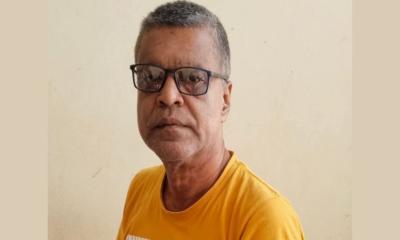

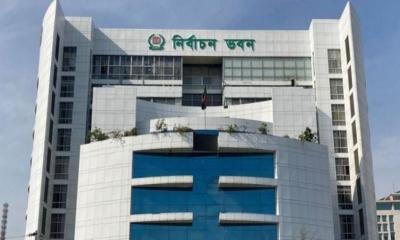

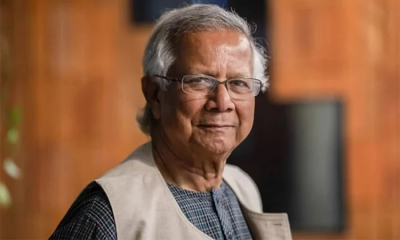
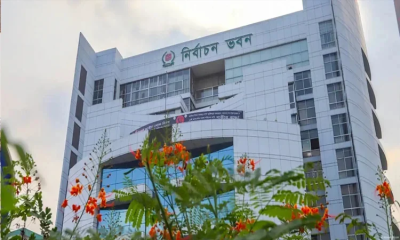


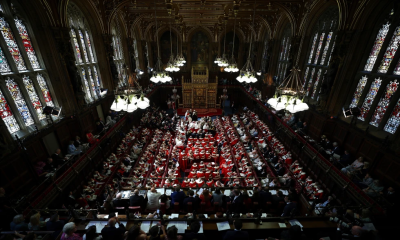




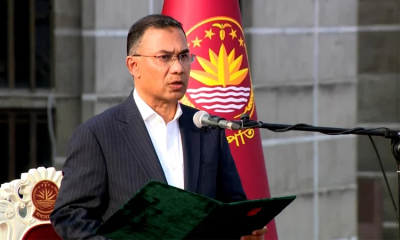
-20260218060047.jpeg)



-20260217073221.webp)















